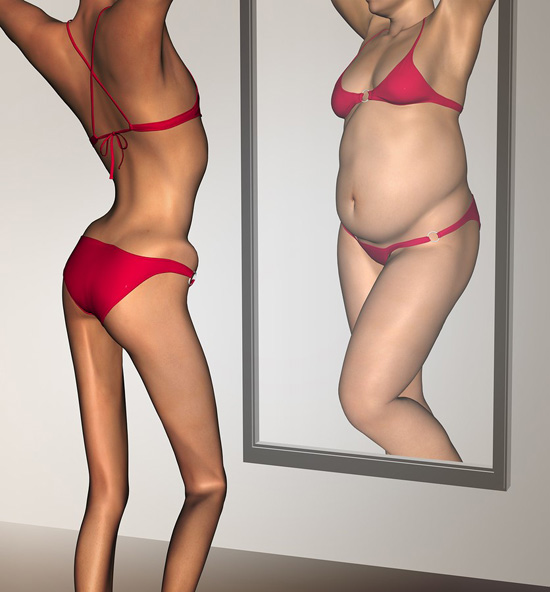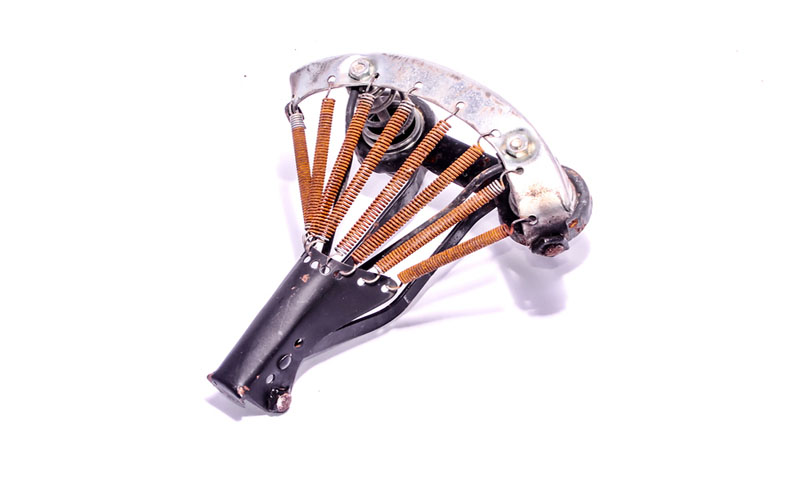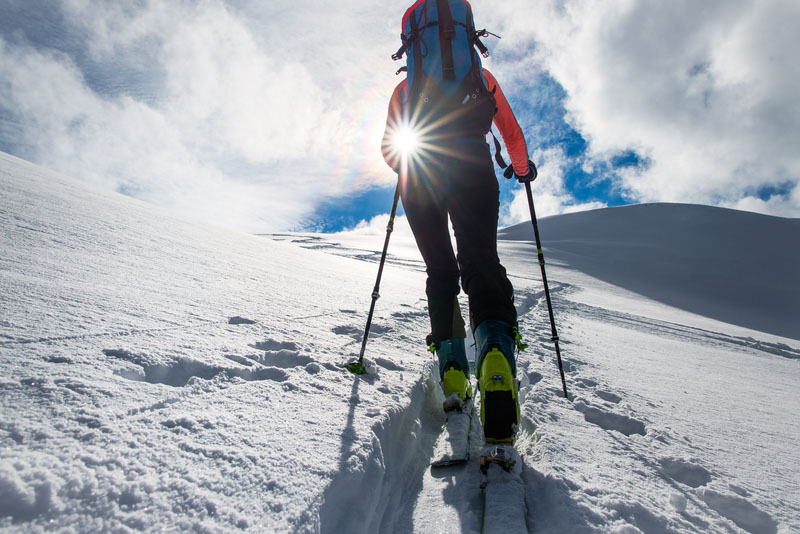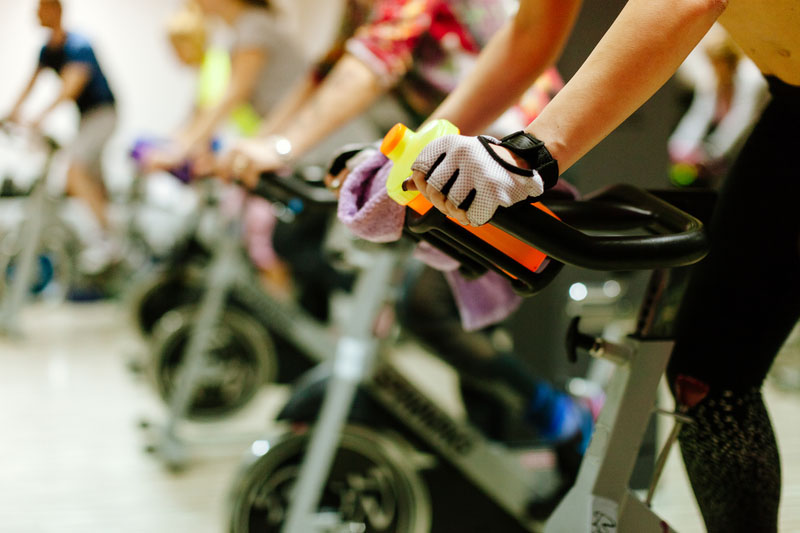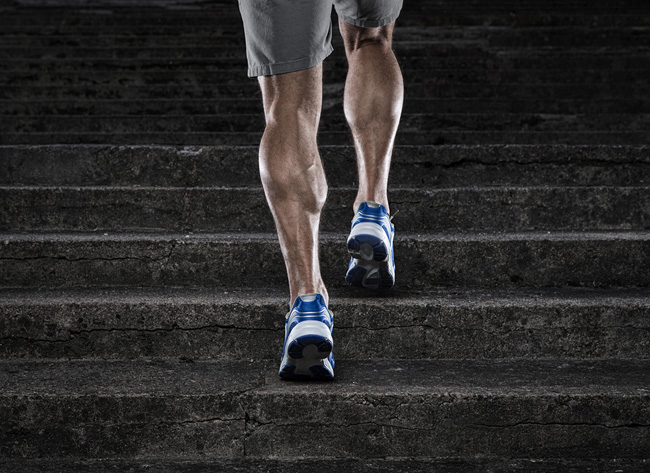Hydration and Athletic Performance
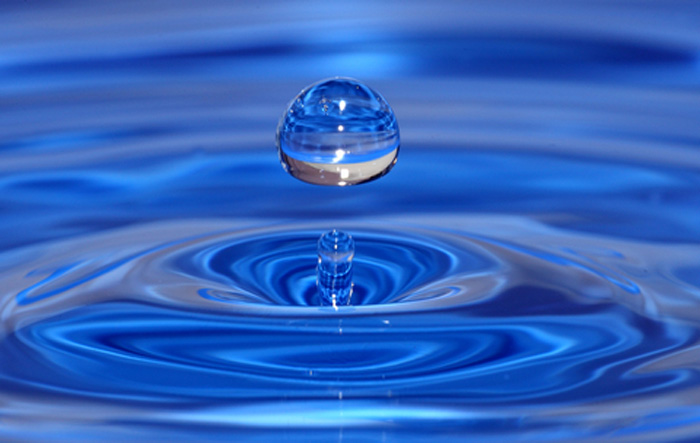
Hydration
and athletic performance are inseparable and critical to maintaining mental,
cardiovascular, and muscular function during demanding physical activity. This is particularly true for endurance
activities lasting over one hour.
The Link Between Hydration and Athletic Performance
When we consider the fact that our muscles are 70% water, it's easy to understand how important hydration is to muscle function and recovery. Every biochemical reaction that occurs in the body occurs in water.
Water is essential to:
- Transport nutrients to and from the cells such as glucose, fat, amino acids and hormones throughout the body
- Remove waste by flushing toxins through the urine
- Cool the body through the process of sweating
- Cushion joints and soft tissue
- Digest food
- Deliver oxygen to the cells
- Regulate nerve function
A water deficiency can produce dysfunctions such as: reduced brain function and loss of the mental edge necessary in athletic performance; and decreased blood volume that causes fatigue and forces the heart to work harder to deliver oxygen to the muscles. Severe dehydration can result in serious, and possibly life-threatening, conditions.
Water loss from sweating reduces sodium – the most important electrolyte during athletic performance.
BONNIE'S FAVE!
DripDrop works 2 times faster and more effectively than water.
Signs of dehydration include: decreased urination, fatigue, feeling lightheaded, weakness, and thirst. When you begin the feel thirst, you have most likely lost about 2% of your body weight in water and are under-hydrated. Thirst is an alert mechanism that indicates your body is approaching a dehydrated state, which is about a 5% depletion.
Hydration and athletic performance are inseparable to ensure zero impairment for the optimum physical and mental states during these demands.
Hydration Tips
Water loss through sweat and breathing depends on the intensity, duration, and weather. Because you can’t actually store water in your body, it is necessary to periodically ingest sufficient water to replace the loss.
The American College of Sports Medicine suggest drinking 17-20 ounces of water or sports drink 2-3 hours prior to running, 10-12 ounces 15 minutes before, and then 3-6 ounces every 20 minutes. Much of this depends a lot on personal trial and error because these recommendations are not exacting for every individual need.
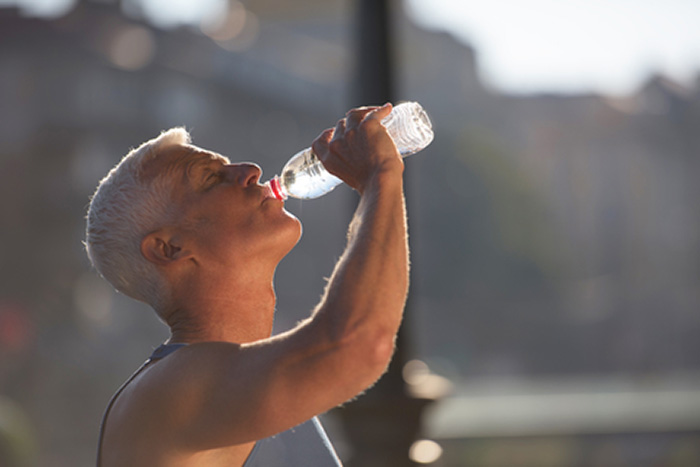 The human brain doesn’t register thirst until 2% dehydration has occurred. This is enough to begin affecting athletic performance.
The human brain doesn’t register thirst until 2% dehydration has occurred. This is enough to begin affecting athletic performance.Many athletes tend to hydrate instinctively; however, this may require paying attention to thirst. If you are one of the many athletes who tends to ignore that trigger you may become increasingly dehydrated as a result.
Most of us realize that we sweat more when it is hot or humid; but, dehydration can occur during cold-weather exertion.
High-altitude activity may cause heavier breathing because the air is thinner, so it is important to remember that water is lost during those exhales.
In his book, Waterlogged: The Serious Problem of Overhydration in Endurance Sports, Noakes advises endurance athletes to trust their thirst to avoid over-hydration.
I encourage you to check out sports nutrition expert Robert Portman’s book, Nutrient Timing, in which he presents cutting-edge research for athletes to create workout and competition plans that enable optimum nutrition to working muscles.
Sports Hydration Drinks
Sports hydration drinks are better than plain water because they provide certain nutrients that are lost during exercise.
It isn’t necessary to consider sport drinks if you are exercising less than one hour – unless the activity is very intense.
Sports drinks provide the following hydration for athletic performance.
- Speed the hydration process, and are better than plain water because water passes through the body too quickly.
- Contain salt and sugar. Salt additives help salt lost by sweating, and help the body to retain water. Sugar speeds the rate of water absorbed.
- Help the body to restore both fluid balance and muscle glycogen after demanding athletic activity.
- Stimulate thirst, so athletes tend to drink more when they have a sports drink rather than plain water.
Sports drinks are not the same as designer waters with added vitamins and minerals. Those drinks are meant to supplement your diet, not replace water and nutrient loss during exercise.
It will always serve you well to remember the important connection between hydration and athletic performance before, during, and after any rigorous or endurance exercise.
More Topics That May Interest You
Some of the advertisers on my website are affiliate partners, which means that I may receive a small commission from any sale, at no extra cost to you.
For example, the Amazon affiliate advertising program is designed to provide a means for sites to earn fees by advertising and linking to amazon.com.
Your tips and purchases help to support this free-information website.
Thank you.
The content of this website is for informational purposes only and not intended to be taken as a replacement for professional medical advice, care, diagnosis or treatment by a doctor, dietitian, physical therapist, nutritionist or fitness instructor.
DO NOT BEGIN ANY EXERCISE PROGRAM WITHOUT CHECKING WITH YOUR DOCTOR FOR UNDERLYING CONDITIONS THAT MAY PREVENT YOU FROM DOING SO.

